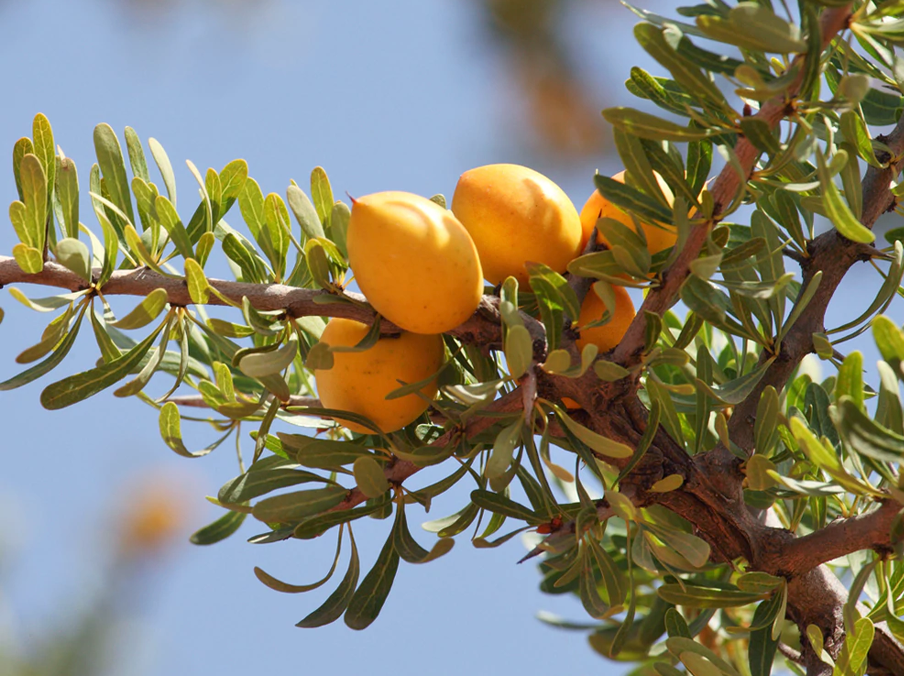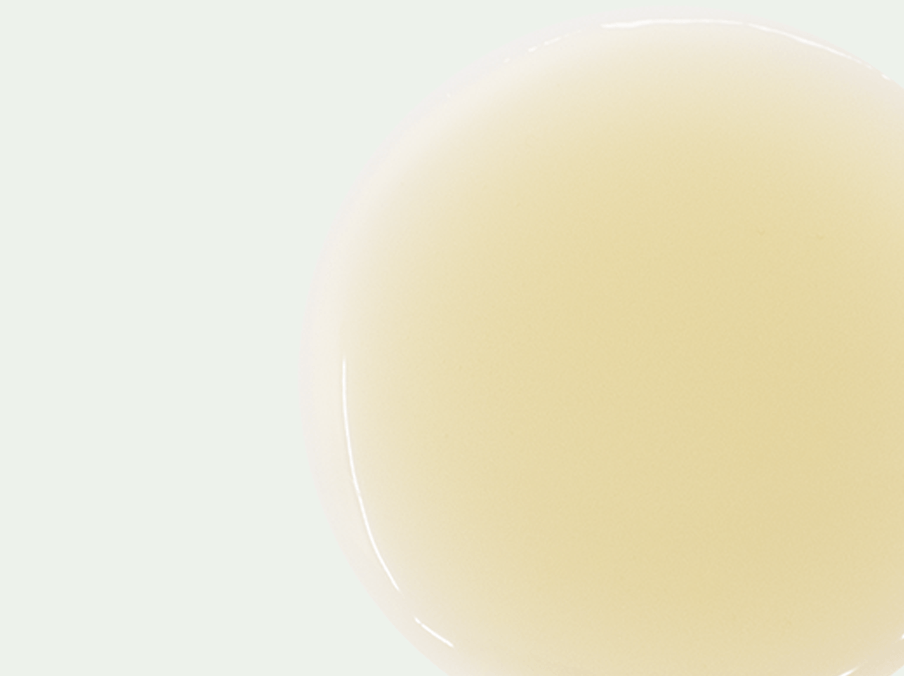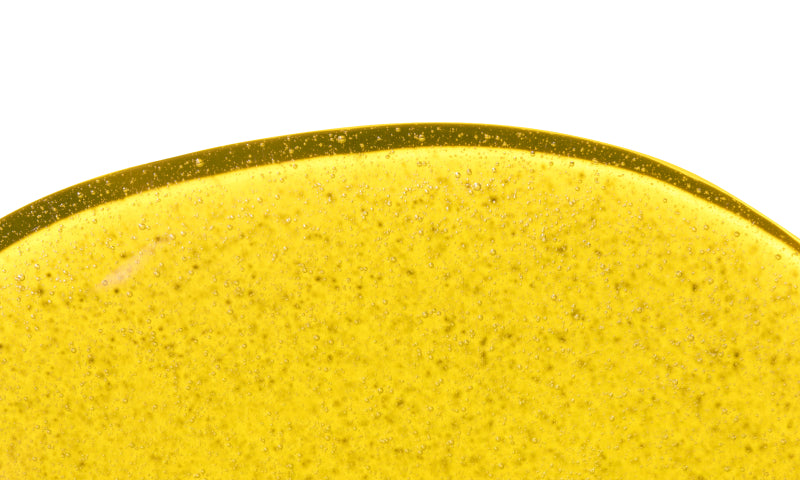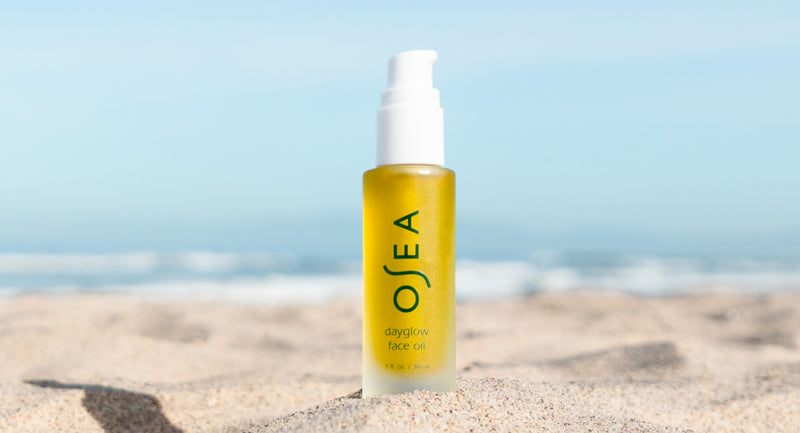Argan Oil: Ancient Skin Care Secret
In the modern beauty world, Argan oil is often referred to as “liquid gold”. The moniker comes partly from Argan oil’s amber hue, but more so for the oil’s valuable medley of health benefits whether it’s ingested or applied topically. While culinary Argan oil is used much like olive oil, and touts some of the same cardiovascular benefits, it is Argan Oil's ability to instantly hydrate and smooth skin that has earned it a reputation as a necessary part of your daily skin regimen.

The Origins of Argan Oil
Argan Oil, also known as “Moroccan oil”, is extracted from the nut of the Argan tree fruit. Although the 80-million-year-old relic tree species Argania spinosa once covered large parts of Northern Africa, the tree nearly went extinct over 2 million years ago during the ice age. The surviving trees were located exclusively in the Souss valley region of Morocco where oil was made at the household level for cooking and for topical application dating back to the dawn of the first millennium.
Traditional preparation of Argan oil is a tedious multi-step process which includes fruit picking and peeling, nut cracking, kernel roasting, grinding and several steps to collect the resulting oil. The labor intensive extraction process, and the fact that the oil itself did not preserve well, made Argan oil unsuitable for distribution. These factors combined with a limited growing area resulted in Argan oil's benefits remaining a virtual secret even to regions as close as North Morocco.

Argan Oil Discovered Globally
In 1998, when UNESCO designated the Argan forest a biosphere reserve, Argan oil was still unknown worldwide and the Argania spinosa was on a short-list of possibly endangered trees due to deforestation and over use as fuel. Scientists knew the argan tree acted as a “green curtain” protecting much of Southern Morocco from the encroaching Sahara Desert and considered the disappearance of the tree an environmental disaster.
Intent on saving the argan tree, a multidisciplinary group came together in 1985 and developed what is known simply as the “Argan Oil Project” (AOP). A review of the project titled “The Argan Oil Project: Going From Utopia to Reality in 20 Years” explains the philosophy of the AOP:
The underlying idea of the project was based on the transformation of an environmental problem into an economic opportunity that would have to simultaneously and inevitably promote the preservation of the argan forest. The idea of the AOP was based on a simple observation: the rural population of the argan forest was not considering argan tree-related activities as an agricultural activity. Hence, the rural population was not preserving the tree. If argan tree cultivation could become a permanent source of revenue, local dwellers would protect the tree and even replant new ones. The battle against desertification could be won and population could get wealthier.
Argan oil trading was the answer the AOP was looking for and over the next 20 years the project would help lead the way in sustainable Argan oil cultivation, extraction, and quality control. The AOP successfully predicted that with Argan oil as an income source, locals would create a virtuous circle by planting more trees effectively safeguarding the Argan tree forest.
New methods of extraction, such as cold pressing, along with new methods of testing Argan oils for adulteration and preservation meant Argan Oil could reasonably leave the boundaries of Southern Morocco as a beauty product, and it wasn’t long before the world began hearing whispers of the benefits of “liquid gold” out of Morocco and Argan Oil skincare products began emerging.
Benefits of Argan Oil: The Science

The skin benefits of Argan Oil have been known anecdotally for thousands of years. Berber women have been integrating the oil into beauty routines since 1500 BCE, applying it regularly to the face, nails, and hair, but awareness of Argan oil outside of a tiny triangular area of Morocco only spans back a few decades. Global interest in Argan oil has exploded in the beauty world and even more recently the scientific community has taken interest in learning more, especially when it comes to the anti-aging benefits of Argan oil.
NATURAL SKIN PROTECTANT
Recent research on Argan Oil benefits is compelling and findings show applying Argan oil to the skin can be more than a quick moisture fix. One study concluded that Argan oil served as a natural protectant against sun damage. The antioxidant activity in Argan Oil was found to protect the skin from free radicals which prevented burns and hyperpigmentation.
ARGAN OIL FOR MOISTURE AND ELASTICITY
A separate study on stretch marks concluded that application of an Argan oil cream may be helpful in the prevention or early treatment of striae distensae (stretch marks), but many find the potential anti-aging benefits of Argan oil to be the most exciting. A 2018 study showed that consistent daily use of Argan oil dramatically improves skin elasticity, the key trait of plump youthful looking skin.
ARGAN OIL TO REDUCE OILINESS
Ironically, Argan Oil may also be the answer to some suffering from acne caused by an overproduction of oil (sebum production). Argan Oil has shown to have fantastic anti-sebum properties and the vitamin E in Argan Oil is a natural anti-inflammatory. In one study on Argan Oil and acne, participants were given a daily application of an Argan Oil for four weeks resulting in anti-sebum activity, reduced greasiness and improved appearance of oily facial skin.
Finding the Right Argan Oil
The sudden worldwide attention on Argan Oil and its benefits has created a large influx of products containing the oil. Many products claiming to be “100 pure Argan Oil” may have used chemical extraction methods and unsustainable cultivation practices. In order to maintain the full benefits Argan Oil has to offer, and to uphold the original mission of sustainability set by the Argan Oil Project, meticulous sourcing is everything.
